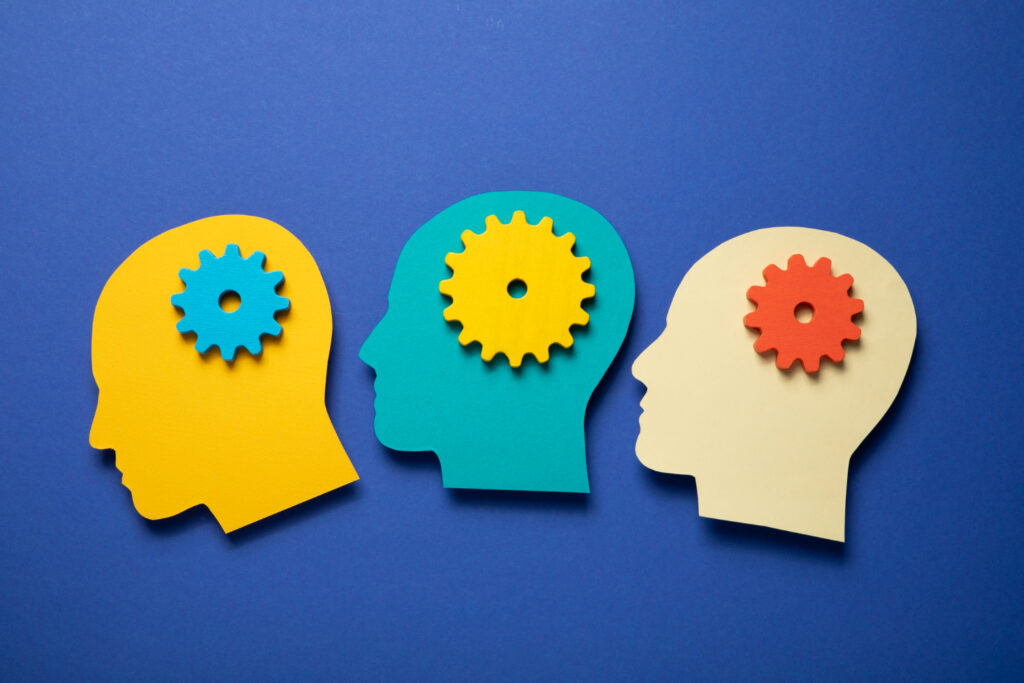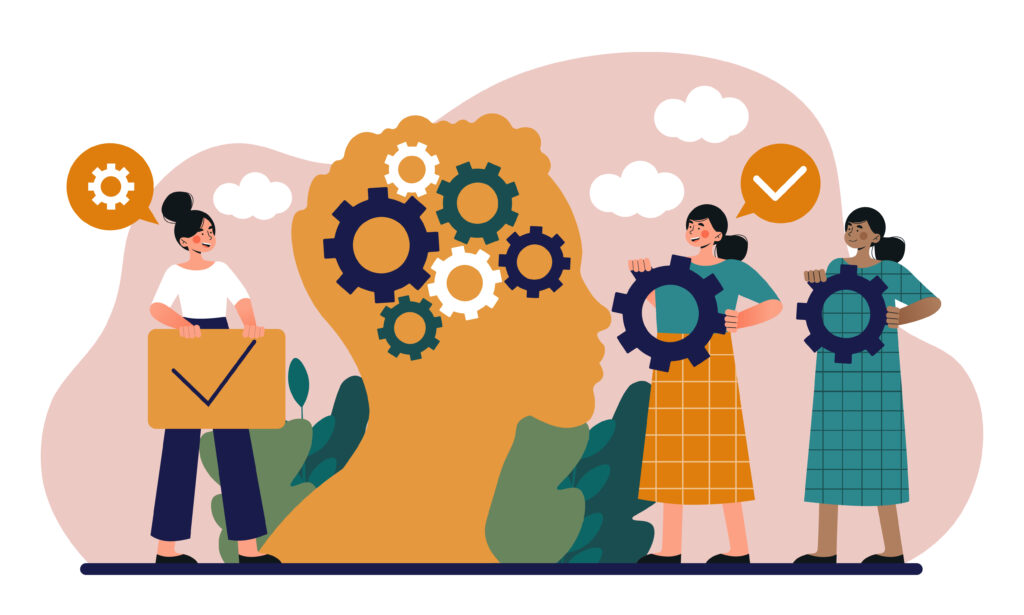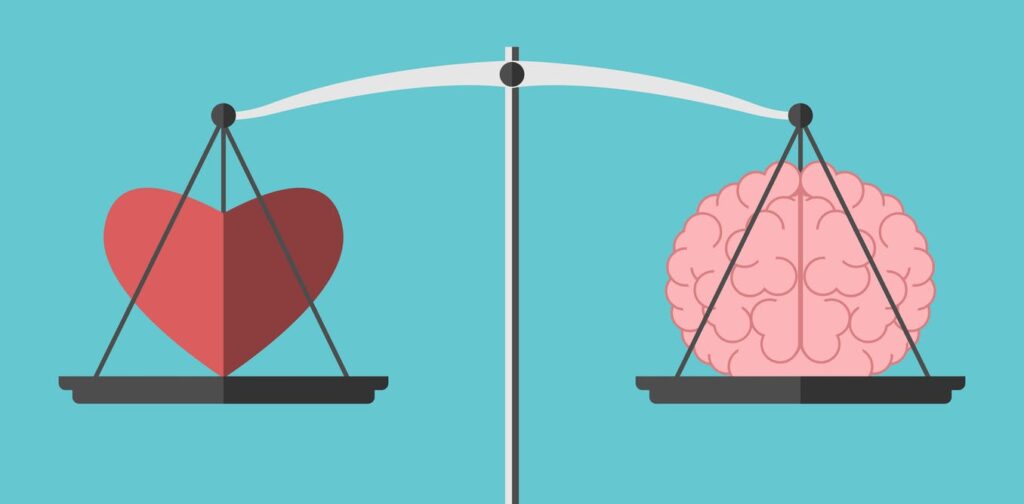Articles

Encouraging Emotional Intelligence In Your Boss Without Overstepping
Emotional intelligence (EI) gets a lot of buzz, but let’s be real—just because someone’s got the corner office doesn’t mean they’ve mastered it. In fact, Travis Bradberry, co-author of Emotional Intelligence 2.0, crunched data from over a million people and found a surprising trend: the higher up someone is in an organization, the lower their EI tends to be.

Harnessing Emotional Intelligence: A Key To Reducing Stress At Work
As May is observed as Mental Health Awareness Month, let’s take a moment to focus on managing stress, an everyday companion for many professionals, as 40% of workers report feeling stressed. However, amidst the chaos, a powerful tool can significantly reduce stress levels and improve overall well-being: emotional intelligence (EI). This article explores the transformative impact of EI in managing stress at work and offers actionable strategies for cultivating this invaluable skill.

You Can Increase Your Emotional Intelligence in 3 Simple Steps—Here’s How
Emotional intelligence (AKA EI or EQ for “emotional quotient”) is the ability to perceive, interpret, demonstrate, control, evaluate, and use emotions to communicate with and relate to others effectively and constructively. This ability to express and control emotions is essential, but so is the ability to understand, interpret, and respond to the emotions of others. Some experts suggest that emotional intelligence is more important than IQ for success in life.

Emotional intelligence: Key to organisational excellence
In the contemporary business landscape, Emotional Intelligence (EI) has emerged as a fundamental element for organizational success. It facilitates resilience during adversity, fosters collaboration within teams, stimulates innovation, enhances decision-making, and fortifies customer relationships. Amidst unprecedented challenges like the COVID-19 pandemic and rapid technological advancements, the significance of EI has become more evident than ever.

AI Empathy: Emotional AI Is Redefining Interactions In The Digital Age
Emotional AI APIs are revolutionizing technology by enabling machines to understand and respond to human emotions. Companies like Hume AI, Entropik Tech, and Affectiva lead this innovation, leveraging AI to interpret human emotions and behaviors. However, ethical and privacy concerns accompany these advancements, as seen in the discontinuation of facial coding APIs by industry giants like Microsoft. Despite challenges, Emotional AI offers vast potential in various sectors, including marketing and healthcare.

10 Signs That You Have Emotional Intelligence For Today’s Job Market
In today’s job market, emotional intelligence (EI) is increasingly recognized as a critical skill for success. Business leaders like Josh Millet emphasize its importance in creating and managing relationships, understanding emotions, and influencing others positively. EI benefits individuals by improving collaboration, reducing workplace toxicity, and fostering a less stressful environment.

In Inclusive Hiring, Emotional Intelligence Wins Over Artificial Intelligence
Without this critical EQ element, the danger is that AI becomes a blunt instrument to simply increase “diversity” when hiring executives, without the combined end goal of an equitable and inclusive process that ultimately also hires great leaders for a specific organization. Meaning, AI could be used to simply target certain characteristics, making DEI efforts a box-checking exercise.

Five Ways To Improve Your Workplace Emotional Intelligence
In today’s world, many employers are looking for employees with a high EQ—emotional intelligence. Companies want employees who can work well as part of a team and cooperate with others effectively to achieve common goals. A workplace that encourages openness and participation from all employees can be less stressful for everyone and more productive as a result. Let’s look at five different ways you can improve workplace emotional intelligence.

Why Is Emotional Intelligence Important?
Emotional intelligence (EI) refers to the skills and abilities that help you identify, understand and manage your own emotions and identify and empathize with the emotions of others. Whether online or in person, at work or at home, EI can help each of us build and maintain stronger and better relationships. Inspiring leaders in particular have much to gain from the effective use of EI.

What’s Missing In Negotiation? Incorporating Emotional Intelligence Into Your Next Difficult Conversation
Karen Walch is an author, coach and Faculty Emeritus at Thunderbird School of Management (Arizona State University). In her research and work, she focuses on quantum negotiation and how negotiation relates to disruption and cultural change. Walch is also an expert on negotiation preparation. She joined Negotiate Anything to discuss how self-awareness and socio-emotional skills development can lead to better outcomes in difficult negotiations.

5 Ways Emotional Intelligence Can Make You A Better Leader
It’s difficult to understand the people around you when you don’t understand yourself. Goldman argues that self-awareness is one of the most important elements of emotional intelligence because it gives you the ability to tune into your emotions, you value yourself, and are clear about your personal strengths and weaknesses. When you value yourself, you value others and employees are more likely to give their best when they feel valued.

Five Indications You Need To Improve Emotional Intelligence On Your Team
Many successful teams with highly skilled manpower are not even aware of these traits because many times, we can be so consumed with one level of success that we are blinded to our areas of improvement blocking our climb toward a higher level of success. The inability to even identify the absence of the broad elements of emotional intelligence shows that such teams are not operating optimally.

Using EQ to Shape a More Successful Hiring Process
If an organization’s values, ethics and behaviors form the framework of workplace culture, emotional intelligence (EQ) is the glue that holds it all together. In the past few years, we have observed that both candidates and clients are placing a greater emphasis on emotional intelligence in the interview and selection process.

Adopting Emotional Intelligence In The Workplace Is More Than A ‘Nice To Have’
Depending on the crowd, the importance of emotional intelligence (EI) in the workforce holds the same importance as IQ. EI is often the darling of the HR department but, to the chagrin of team members, not always modeled by the company. At a 50,000-foot level, EI is treating everyone on your team the way you want to be treated—with empathy, compassion and self-awareness, along with entrepreneurial spirit—hopefully empowering your team to exhibit the same behavior.

Why A Post-Covid World Demands Greater Emotional Intelligence
Even in the best of times, managing yourself and staying emotionally connected to your team can be a challenge. As we layer on the new realities of the post-Covid-19 world, it’s gotten much tougher. The stresses of working remotely, which adds new and confusing pressure and friction to our lives.

Understanding emotions is nearly as important as IQ for students’ academic success
The ability to understand emotions contributes almost as much to students’ grades as their IQ.
Past studies show two personal qualities are important for student academic success – intelligence and conscientiousness.
